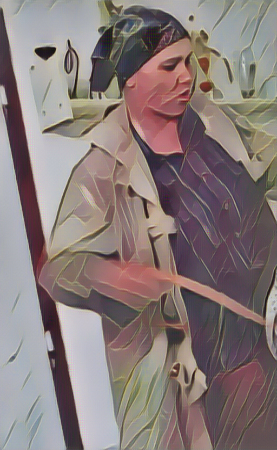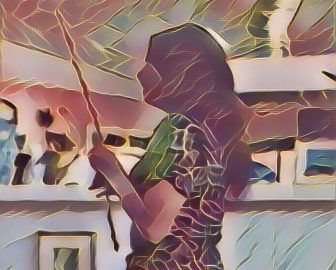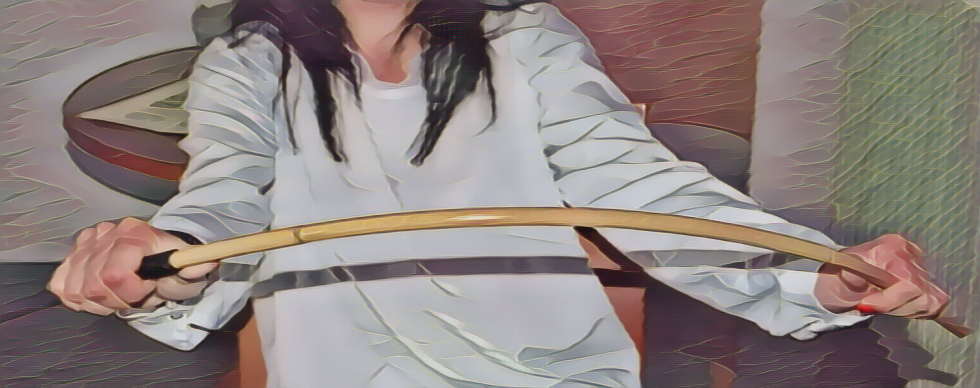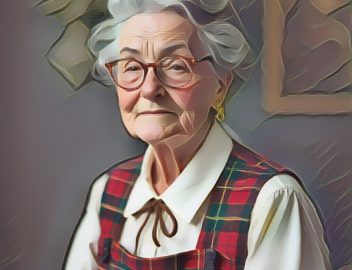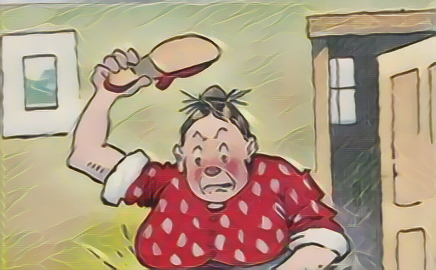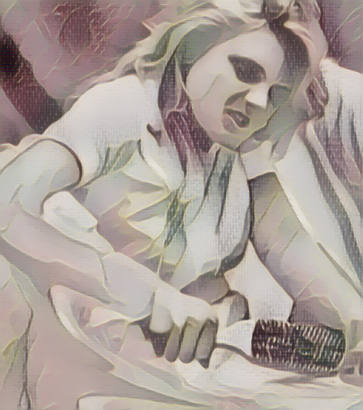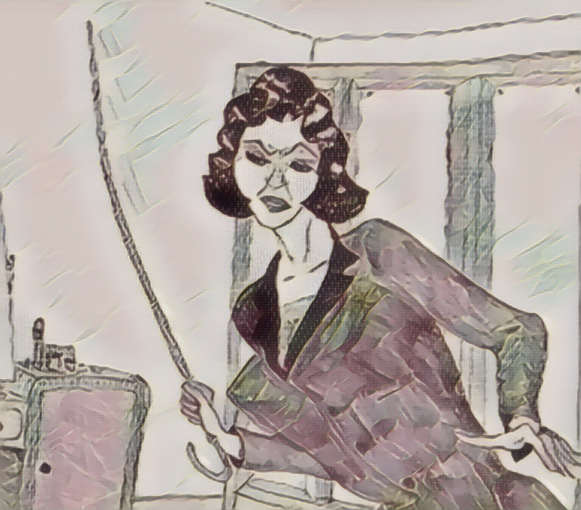(gap: 1s) My parents’ journey began amidst military life and distant countries—my father, a young American GI stationed in Germany, and my mother, a reserved local woman. I was born in the United States, but by the time I was in fifth grade, their relationship had fallen apart. My world crumbled, and my mother and I packed our belongings, leaving everything familiar behind. We flew to Germany, her birthplace, and moved in with her brother’s family near Berlin.
(short pause) The house was large and old, filled with the scent of aged timber and memories that weren’t mine. I still recall that first morning: the cold air, fog blanketing the garden, and the heavy silence at breakfast, broken only by the clinking of spoons and the low hum of German I couldn’t understand. My uncle Max and his wife Greta had three children, all older than me—two girls with perfectly braided hair, and a boy, the oldest, who seemed burdened by responsibility.
(pause) I was a stranger in every way. I didn’t know any German, and my mother’s relatives didn’t speak English. The language difference was a barrier I couldn’t cross, and I often felt invisible, drifting through rooms filled with laughter and arguments that meant nothing to me. But it didn’t take long to notice the underlying tension. My cousins moved with a nervous energy, flinching at sudden noises, always watching the adults for cues.
(short pause) Aunt Greta was the strict ruler of the household, her authority absolute and her words sharp. Punishments were quick and always in front of everyone. I’ll never forget the first time I saw her slap her daughter—the sound of her palm striking a cheek echoed through the kitchen. But it wasn’t just slaps. She kept a thick, worn strap, which I later learned was a razor strop from Uncle Max’s barber shop. It hung in the hallway, a silent warning that needed no explanation.
(pause) In the beginning, my mother tried to protect me from the worst of it. When the yelling started, she’d lead me out, her face tense with worry. I’d sit on the stairs, listening to muffled cries and the dull thud of the strap, my heart racing. Sometimes Uncle Max would use the strap, but it was usually Aunt Greta who carried out the punishments, her face set and unyielding.
(short pause) My mother worked long hours, and as time went on, I was left alone in the house more often. One afternoon, while she was away, I saw my cousin punished for the first time. Aunt Greta made her son bend over the kitchen table, his hands gripping the edge, knuckles white. She struck him with the strap, each hit followed by his muffled sobs. I stood frozen, unable to look away, my stomach in knots. I’d never witnessed anything like it—physical punishment was something I’d only read about in old stories.
(pause) I can’t recall what he did to deserve it—maybe he missed a chore or spoke out of turn. It hardly mattered. The rules were strict, and the consequences always the same. Over time, I saw both my girl cousins punished in the same way, their faces burning with shame as they were made examples in front of everyone. There was no privacy, no compassion. The beatings were a spectacle, a warning to us all.
(short pause) It didn’t happen every day, but it was frequent enough to cast a shadow over everything. The threat of the strap was always present, shaping how we acted, spoke, and even thought. I learned to move quietly, keep my head down, and avoid attention. My cousins, once playful and spirited, became subdued, their laughter replaced by anxious glances and hushed conversations behind closed doors.
(pause) My mother did spank me a few times over the years, but never in front of others, and never with the cold humiliation I saw in my aunt’s home. Aunt Greta and Uncle Max never touched me, but they didn’t shield me from witnessing their discipline. I was a bystander, powerless and silent, my guilt heavy.
(short pause) What struck me most was the harshness—the way my cousins were reduced to tears, their dignity stripped away in front of everyone. My boy cousin, taller and older than me, would break down completely, his pride shattered by his parents’ authority. The girls, too, would sob openly, faces blotchy and wet, eyes pleading for it to stop.
(pause) We stayed in that house for two long years. During that time, I saw my cousins beaten countless times, sometimes with other relatives present—uncles, aunts, even grandparents. No one stepped in. It was as if the whole family accepted this as normal, that children deserved no privacy or protection from shame. Even as my male cousin grew older, he was never spared, and each time he cried, it felt like hope was slipping away.
(short pause) My mother saw it all, too. I could tell she despised it—her jaw clenched, her eyes narrowed—but she was powerless to change anything. She and Aunt Greta argued often, their fights sharp and bitter, and I think that tension finally drove us to leave. When we finally moved into our own apartment, it felt like stepping out of a storm into sunlight. The air felt lighter, the silence less heavy.
(pause) Eventually, we returned to New Jersey. Over the years, I rebuilt my relationship with my father, piecing together a new sense of family from what was left. One Fourth of July, not long ago, I saw one of my girl cousins for the first time in fifteen years. She visited my mother, bringing her husband and children. Her English was still hesitant, but we managed to talk in German, our shared childhood bridging the gap.
(short pause) We never mentioned the beatings, never spoke of the pain we both remembered. Instead, we laughed about the games we played in the backyard, the secret snacks we stole from the pantry, the rare moments of happiness that shone through the darkness. But beneath the laughter, I could feel the weight of those years—the fear, the shame, the helplessness that shaped us both.
(pause) I will always remember those years in my uncle and aunt’s house—the cold, echoing halls, the sharp sound of the strap, the way my cousins’ eyes darted to the door, hoping for rescue. Those memories are woven into who I am, a reminder of how deeply family can hurt, and how desperately we hold onto the small acts of kindness that help us endure.
